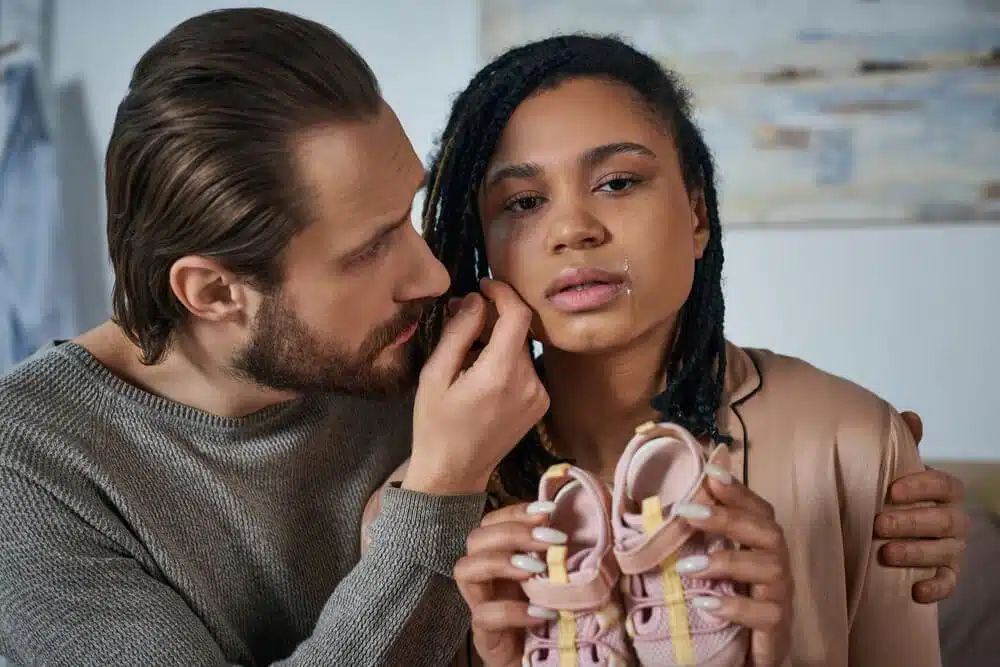Black History Month: The Untold Stories of Black Mental Health Pioneers
Black History Month is a time to celebrate the achievements, culture, and resilience of Black individuals throughout history. While many people recognize the contributions of Black leaders in civil rights, music, and politics, fewer know about the trailblazers who revolutionized mental health care. Their groundbreaking work has shaped the way we understand and treat mental health today. At Lifescape Recovery, we want to honor these pioneers and explore their lasting impact.

The Hidden Legacy of Black Mental Health Advocates
Throughout history, Black mental health professionals have fought against systemic racism in healthcare and paved the way for more inclusive treatment practices. Here are some of the lesser-known heroes whose contributions deserve recognition:
- Dr. Solomon Carter Fuller (1872-1953): One of the first Black psychiatrists in the U.S., Fuller was a pioneering researcher in Alzheimer’s disease and a strong advocate for Black representation in medicine.
- Dr. Mamie Phipps Clark (1917-1983): A psychologist whose research on racial identity in Black children played a pivotal role in the Brown v. Board of Education case, highlighting the psychological impact of segregation.
- Bebe Moore Campbell (1950-2006): A best-selling author and mental health advocate, Campbell founded the National Alliance on Mental Illness (NAMI) Urban Los Angeles chapter and worked to break the stigma around mental illness in the Black community.
- Dr. Joy DeGruy: A modern-day scholar and speaker who introduced the concept of Post-Traumatic Slave Syndrome (PTSS), exploring how historical trauma affects mental health in Black communities.
How Historical Trauma Affects Mental Health Today
While we celebrate these pioneers, it’s also important to recognize the lasting impact of historical trauma. The mental health struggles faced by Black communities today are often rooted in systemic injustices, from the legacy of slavery to present-day racial discrimination. Studies suggest that intergenerational trauma can contribute to increased rates of anxiety, depression, and PTSD among Black individuals.

Resilience and Healing: Cultural Approaches to Mental Health
Despite these challenges, Black communities have developed strong cultural traditions of resilience and healing. Many practices rooted in African and African-American history continue to serve as powerful tools for mental well-being:
- Music and Art Therapy: From gospel and blues to hip-hop and jazz, music has been a form of emotional expression and healing in Black culture.
- Faith and Spirituality: Historically, Black churches and spiritual communities have provided mental health support through counseling, prayer, and communal solidarity.
- Storytelling and Oral Traditions: Passing down stories of resilience and overcoming adversity can be a source of strength and inspiration.
- Community Support Networks: Family and extended kinship networks play a significant role in providing emotional and financial support.
How Lifescape Recovery Honors This Legacy
At Lifescape Recovery, we believe in providing culturally competent mental health care that acknowledges historical trauma, values cultural healing practices, and empowers individuals to break generational cycles of mental distress. Our therapy programs incorporate holistic approaches that honor the unique experiences of Black individuals seeking mental health support.


This Black History Month, let’s celebrate not only the struggles and victories of the past but also the resilience and healing power within Black communities today. By recognizing the contributions of Black mental health pioneers and embracing culturally relevant self-care, we can work toward a future where mental health is a priority for all.
If you or a loved one is seeking support, Lifescape Recovery is here to help. Contact us today to learn more about our personalized treatment programs.
Published: February 07, 2025
Last Updated: March 04, 2025

Published: December 15, 2025
Why Mental Health & Addiction Spike During the Holiday Season?
The holiday season is often described as a time of joy, connection, and celebration. Yet for many individuals, it is also a period marked by increased emotional distress, worsening mental health symptoms, and a higher risk of substance use and relapse. Research consistently shows that rates of anxiety, depression, and addictive behaviors rise during late […]
Read more
Published: December 02, 2025
What Is Trauma Bonding?
Trauma bonding refers to a powerful emotional attachment that forms between a person and someone who is abusive, manipulative, or emotionally harmful. Unlike healthy attachment, trauma bonds are reinforced through cycles of fear, reward, punishment, and relief. These bonds can occur in romantic relationships, family dynamics, friendships, or even workplace environments. Search interest around trauma […]
Read more
Published: November 01, 2025
Paranoid Personality Disorder: Symptoms, Causes & Treatment Options
Paranoid Personality Disorder, often abbreviated as PPD, is a long-term mental health condition characterized by pervasive distrust, suspicion, and fear of others’ intentions. People living with this disorder frequently believe that others are trying to harm, deceive, or exploit them, even when there is little or no evidence to support these beliefs. Search interest around […]
Read more
